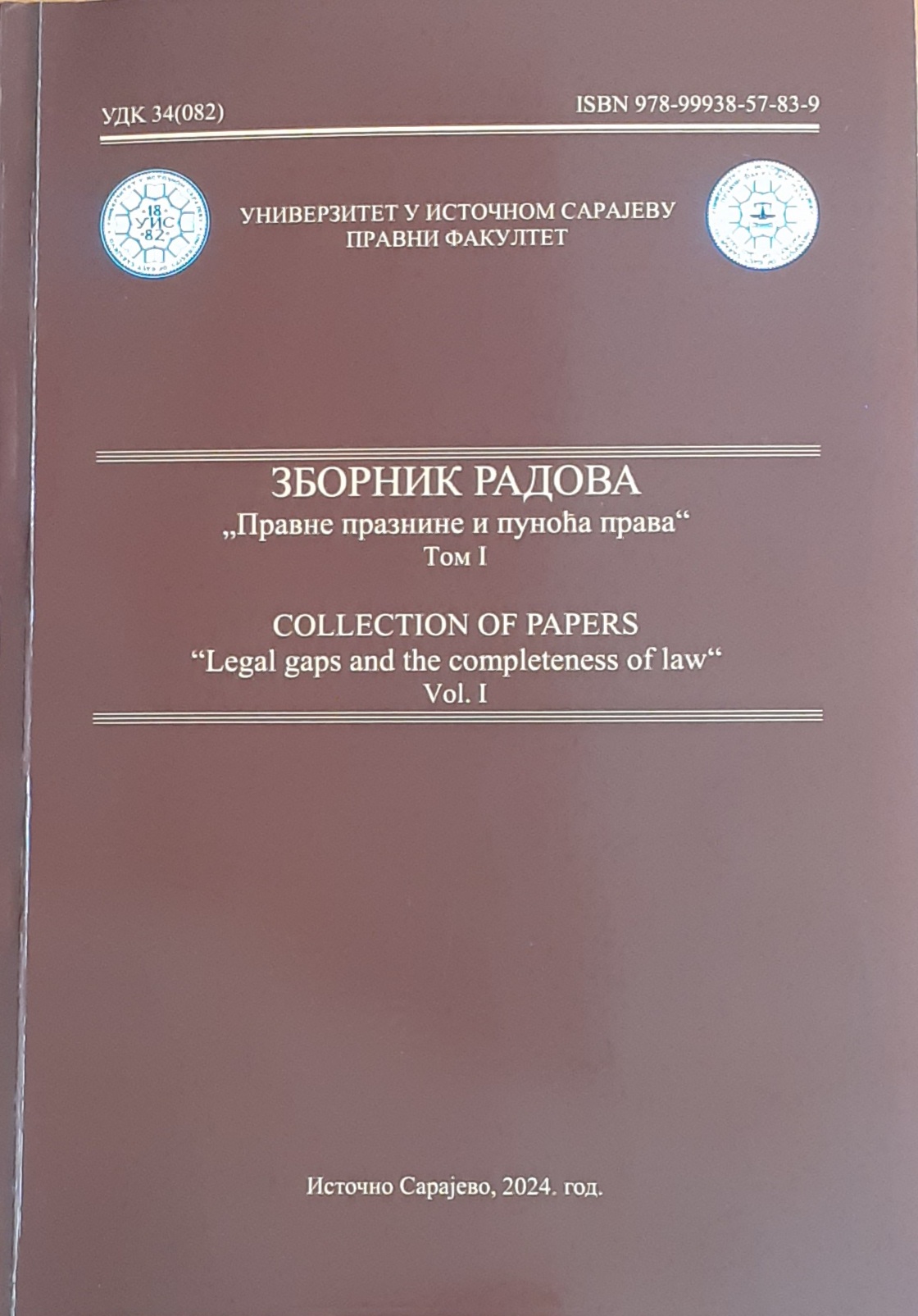Referendums in Divided Societies
Referendums in Divided Societies
Author(s): Mijodrag Radojević
Subject(s): Law, Constitution, Jurisprudence, Governance, Government/Political systems, Politics and law
Published by: Правни факултет Универзитета у Источном Сарајеву
Keywords: Direct democracy; Secession; Constitution; Sovereignty; Right to self-determination; Turnout threshold and majority for decision making;
Summary/Abstract: The controversial nature and application of direct democracy mechanisms in ethnically heterogeneous societies are frequent topics of research. A referendum can be used to resolve territorial disputes, make decisions on the status of a part of the territory, establish territorial autonomy, or separate from the mother state to for a new state or join another state. The author explains the causes and processes of the spread of this type of referendum in the past century and the different scenarios in its practice. Therefore, this text seeks answers as to whether it is possible to conduct this type of referendum in accordance with the principles of democracy and the rule of law, establishing standards and rules in international and domestic law. The author also considers whether a referendum in politically divided societies is a politically rational tool for conflict resolution. Based on historical examples, such as South Sudan and the experience with the referendum in the territory of former Yugoslavia, there is no universally acceptable answer. However , the effectiveness and success of referendums in polarized societies are less influenced by institutional arrangements and more by social circumstances and the ability to achieve compromise.
Book: Зборник радова "Правне празнине и пуноћа права" Том I
- Page Range: 178-206
- Page Count: 29
- Publication Year: 2024
- Language: English
- Content File-PDF

